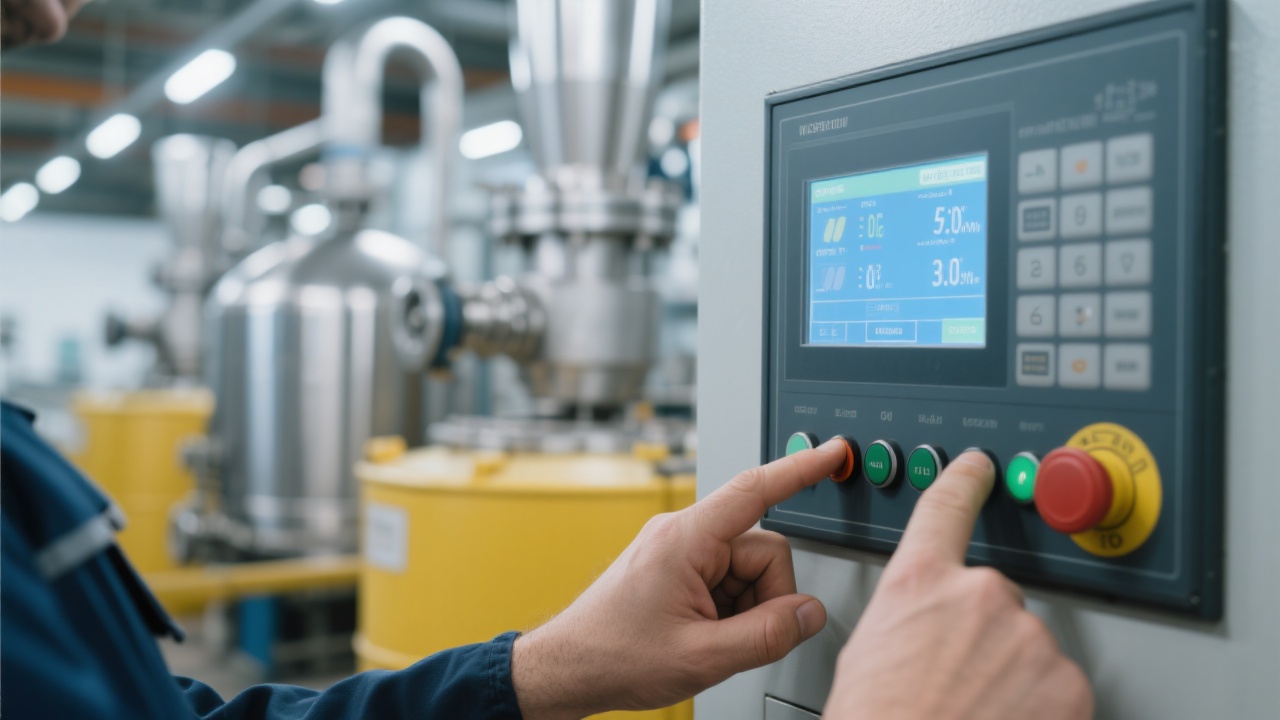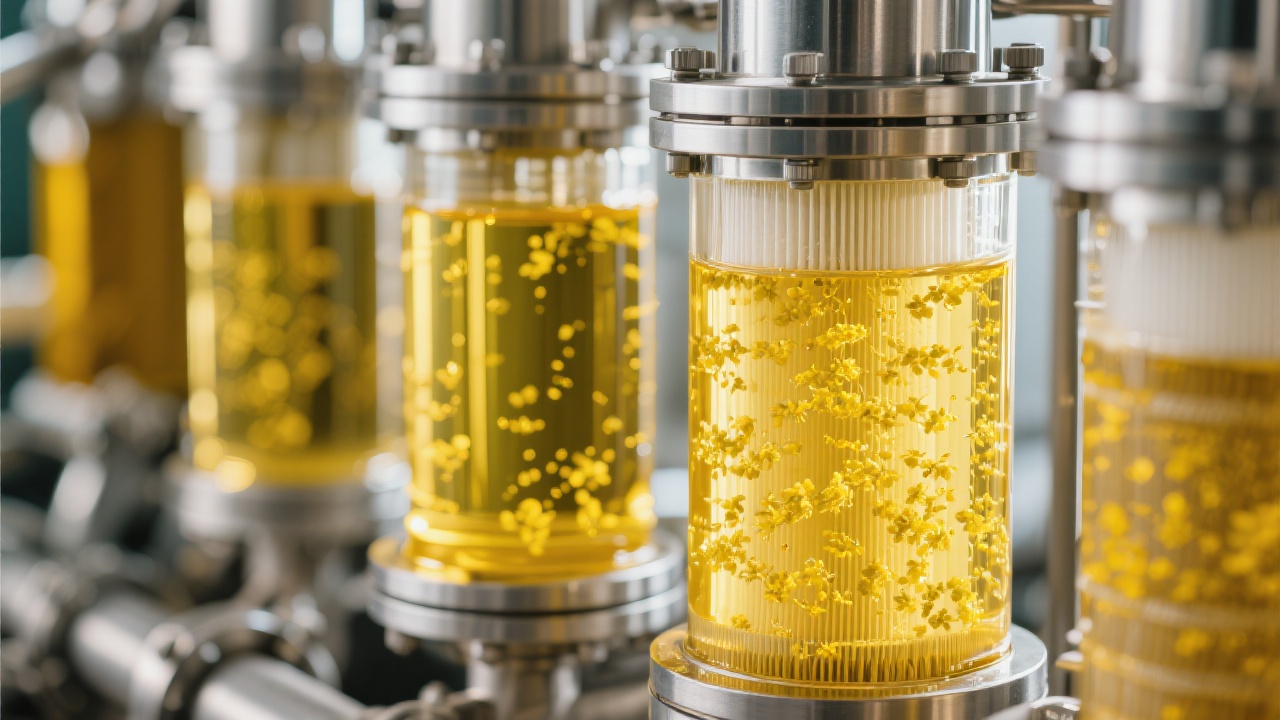
In the palm kernel oil industry, selecting the right equipment that matches your production capacity is crucial. The production capacity can range from 5 to 500 tons per day. For small - scale factories with a capacity of 5 - 50 tons per day, a more compact and cost - effective configuration is suitable. These factories may require less complex equipment and fewer resources. On the other hand, large - scale factories with a capacity of over 200 tons per day need more advanced and high - throughput equipment. For example, they may need multiple extraction units and larger storage tanks.

The installation environment of palm kernel oil equipment should be clean, dry, and well - ventilated. The temperature should be controlled within a certain range, usually between 10°C - 35°C. High humidity can cause corrosion of equipment, and extreme temperatures can affect the performance of electrical components.
Proper space planning is essential. Sufficient space should be reserved for equipment operation, maintenance, and personnel movement. For example, there should be at least 1.5 meters of space around the extraction unit for easy access during maintenance.
Pipeline pressure testing is a critical step. The pressure in the pipelines should be tested to ensure that there are no leaks. The test pressure should be 1.5 times the normal operating pressure for at least 30 minutes. This can prevent solvent leakage and ensure the safety of the production process.
The wiring of the PLC control system should be neat and organized. It is recommended to use shielded cables to prevent electromagnetic interference. All wiring should be labeled clearly for easy troubleshooting.
Safety standards are of utmost importance in the installation of palm kernel oil equipment. Using CE - certified components can ensure the quality and safety of the equipment. The factory should have a clear division of explosion - proof areas, and all equipment in these areas should meet explosion - proof requirements. Proper grounding protection should be installed to prevent electrical accidents.

During the commissioning stage, some common problems may occur. For example, abnormal solvent recovery may be caused by blockages in the recovery pipeline or malfunction of the recovery equipment. Temperature fluctuations may be due to problems with the heating or cooling system. To troubleshoot these problems, a step - by - step inspection of the relevant components should be carried out.
Regular daily inspections are necessary. This includes checking the operation status of equipment, the level of lubricants, and the integrity of pipelines. Lubrication should be carried out according to the manufacturer's recommendations. A fault - warning mechanism should be established to detect potential problems in advance. For example, by monitoring the temperature and vibration of equipment, early signs of failure can be detected.
In some factories, by following the installation specifications, they have achieved continuous and stable operation. The residual oil rate has been reduced to ≤1%, and the solvent consumption has been controlled to ≤2 Kg/T. For example, a factory in Africa followed the installation and maintenance guidelines provided by Penguin Group, and after a few months of operation, they saw a significant improvement in production efficiency and a reduction in costs.
Penguin Group offers full - chain technical support. Our one - stop service ensures that your investment in palm kernel oil equipment is worry - free. We can help you achieve green and energy - efficient production, no matter whether you are in Asia, Africa, or South America.
Do you have any similar commissioning problems? You can share your specific scenarios with us, and we will send you 3 industry - relevant solution cases. Click here to learn more about our services.

